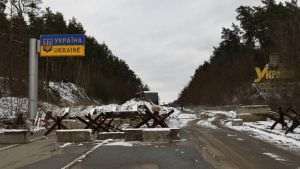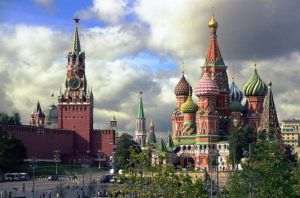According to a ruling of the Constitutional Court, the decision to limit the size of the stake of any of the SIF shareholders at 1% concerns the stock market and is intended to ensure its optimal operation, which is why the regulations concerning the threshold can not be construed as pertaining the general regime of the right to ownerships as mentioned in the Constitution.
The ruling once again confirmed the validity of the threshold, in a ruling in the lawsuit in which SIF "Transilvania" claimed the opposite. The decision of the Court was recently published in the Official Gazette, about two months after being issued by the judges of the Court.
In March 2009, the shareholders of SIF "Transilvania" (SIF3) decided to raise the holding threshold from 1% to 5% of the company"s share capital, but the Romanian National Securities Commission (CNVM) did not validate this amendment to the company"s Articles of Incorporation. SIF3 went to court in order to obtain the annulment of the decision by which the Romanian National Securities Commission refused to validate the amendment of the Articles of Incorporation of SIF3, and the lawsuit reached the Constitutional Court, after the lawyers of SIF3 claimed that the 1% cap was unconstitutional. However, the Court rejected the opinion of SIF3.
In 2009, the Constitutional Court had rejected in 2009 a similar claim that the 1% cap was unconstitutional, made by "Comrimet", a company owned by Cătălin Chelu, and the decision of June 11 made in the lawsuit brought by SIF3 reiterates some of the arguments used in the case of 2009.
For instance, the ruling of the Court states that the SIFs "can not be considered mere joint stock companies" and that the holding cap was introduced by the lawmaker "for reasons which concern the extensive interest of the public in the shares of the SIFs, companies which originate from the Former Private Ownership Funds" (FPP).
In fact, the Court"s argument reiterates older points of view. For instance, in 1996, in the first General Extraordinary Shareholder Meetings of the SIFs, a holding cap of 0.1% was set, even though the law did not stipulate such a limit. At the time, the reason invoked for setting the 0.1% threshold was the concern of the PDSR (Social Democrat Party) that 30% of the country"s wealth - which had been allocated to the portfolios of the five SIFs - would come to be owned by foreigners.
Some of the shareholders of the SIFs, which have been involved for years in the "struggle" against the cap, have alleged that the argument of the "high level of interest from the public in the shares of the SIF" no longer applies, since the SIFs no longer own 30% of Romania"s assets and the majority of those who have received shares in the Private Ownership Funds have already sold them on the stock market to other investors. However, the presidents of the SIFs rejected this interpretation.
The decision of the Court also states:
"The court found that the SIFs could not be considered mere joint stock companies, as they were set up by the will of the lawmaker by transforming the Private Property Funds, as the shareholders weren"t guided by affectio societatis, they have a line of business strictly defined by the law, they are mutual investment institutions that issue nominal shares which they distribute to shareholders who chose to the convert the shares they received in the Private Ownership Funds. By the same decision, the court retained noted that (...) the obligation to sell any shares which exceed 1% of the share capital of a SIF, which is the limit imposed by the law, represent a sanction for the failure to comply with a legal disposition, and not a violation of the right of private ownership".
The ruling of the court of June 2011, stipulates that "since no new elements have appeared, which might bring about changes in the jurisprudence of the Constitutional Court, both the solution and the considerations of the aforementioned decisions apply to the current case".
The court also found that the competence to set the duration for the threshold is lies with the lawmaker, which can make the appropriate decision on keeping the threshold for a certain number of years based on a detailed economic analysis.
The holding threshold per investor was raised to 1% in the summer of 2005, via an Emergency Ordinance, issued during the parliamentary holiday. The legislative draft which the Ordnance was based upon, had been approved by the Senate, but had not arrived to the Chamber of Deputies on time for discussion.
Even though it lost before the Constitutional Court, SIF3 hasn"t given up the fight to raise the threshold to 5%, as the case in question has been sent to the Court of Appeal of Bucharest.

















































